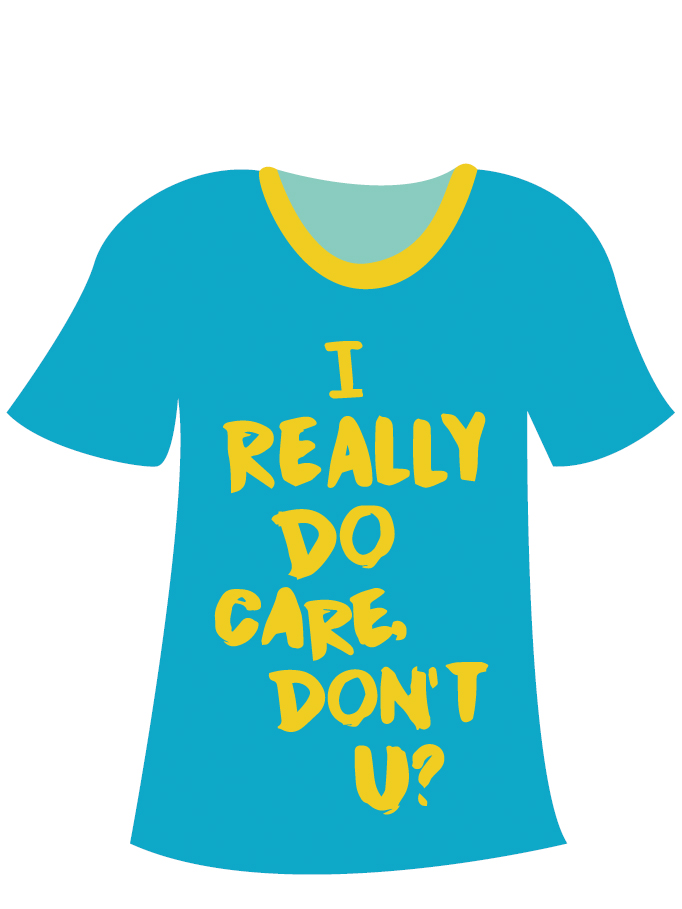Students across the nation march to demand peace
In protests that brought to mind the actions of some of their parents more than 30 years ago, tens of thousands of college and high school students from across the nation skipped classes Wednesday to voice their opposition to a war with Iraq.
Billed as “Books Not Bombs,” the demonstrations at more than 300 high schools and colleges were some of the largest campus protests since the Vietnam War. Waving placards that read “Drop Bush, Not Bombs” and “Listen to Us,” students injected an economic element to the protests, arguing war would be unjust and would drain money from education and health care. The demonstrations seemed to underscore the results of recent public opinion polls that reflect a multigenerational uneasiness about going to war with Iraq.
One of the larger rallies occurred at the University of Wisconsin, where an estimated 5,000 chanting students – including several hundred who walked out of their high schools – gathered under bright blue skies in freezing weather at the Madison campus before marching downtown to a noisy rally at the state Capitol.
Banging plastic drums, the protesters circled the Statehouse and hung banners that read “Stop the War” and “No Blood for Oil.”
The U.S.-based protests were a complement to student demonstrations Wednesday in Britain, Sweden, Spain, Australia and other nations.
While veterans of 1960s and ’70s protests attended the Madison protest, the overwhelming majority of participants were young people angry about the prospect of war and the potential economic and security consequences.
“War is an ugly thing and it has no winners,” said Graham Adsit, a 21-year-old engineering student at Wisconsin.
Mindy Dolnick, a 21-year-old sociology major, said President Bush should “pay attention to the voice of America’s future.” Some said that hope was tempered by the belief that the White House is paying little attention to opponents.
“It seems like the last thing President Bush would say is ‘We’re not going to war,'” said Molly McConnell, an 18-year-old education major.
“I think the Bush administration is really set on this policy,” said Eric Jordan, an 18-year-old political science major who said he attended the rally to show his solidarity with the anti-war movement.
Students on campuses across the nation protested in a series of teach-ins, speak-outs and rallies. Some demonstrators showed their support for the president.
At the University of Chicago, students jammed Rockefeller Memorial Chapel to hear faculty members like John Mearsheimer discuss their views on the possible conflict.
Jesse Jackson addressed a crowd of nearly 200 students and faculty at the University of Illinois at Chicago as part of a three-hour teach-in against the war.
Many in the crowd in Madison expressed their anger toward the news media, claiming the anti-war protests have either been ignored or misrepresented in reports. The Capital Times, a Madison daily newspaper, complained in a Tuesday editorial that “television commentators suggest that the anti-war movement is little more than a cabal of Hollywood actors, students in ‘college towns’ and middle-aged hippies who are reliving their radical youth.” The paper called that view “clich퀌�-ridden” and said it “could not be more inaccurate.”
With its rich history of protest, Madison has been a magnet for social advocacy, especially since the Vietnam War. In recent years, Madison has been the home base of often disparate protests on the issues of economic globalization, corporate power, oil-based politics, Middle East policy and income redistribution. The Iraq protest seemed to bind some of those forces together with the peace movement.
Don McKeating, a retired police officer and Vietnam veteran, marched in the protest because war with Iraq “is not good for the country and not good for the rule of law.”
“I did support the Vietnam War, and I lived to regret it,” said the 56-year-old McKeating, who helped carry a Veterans for Peace banner.
Hundreds of high school students also joined the Madison protest, including 15-year-old Erica Evans. She said her father forbade her from attending the protest. “So what. I’m 15 years old and I can’t vote, but that doesn’t mean I can’t have an opinion.”




